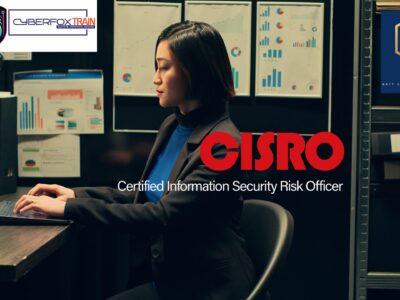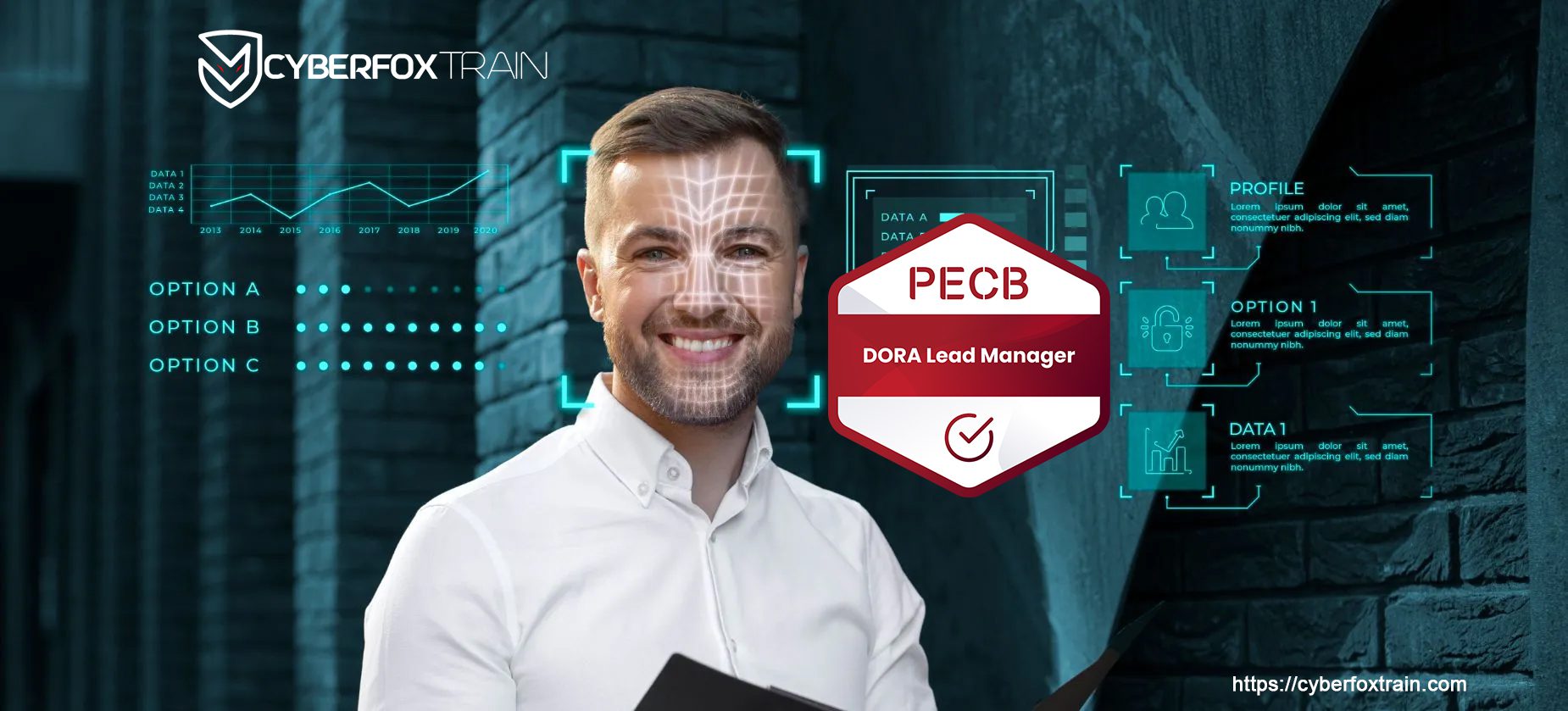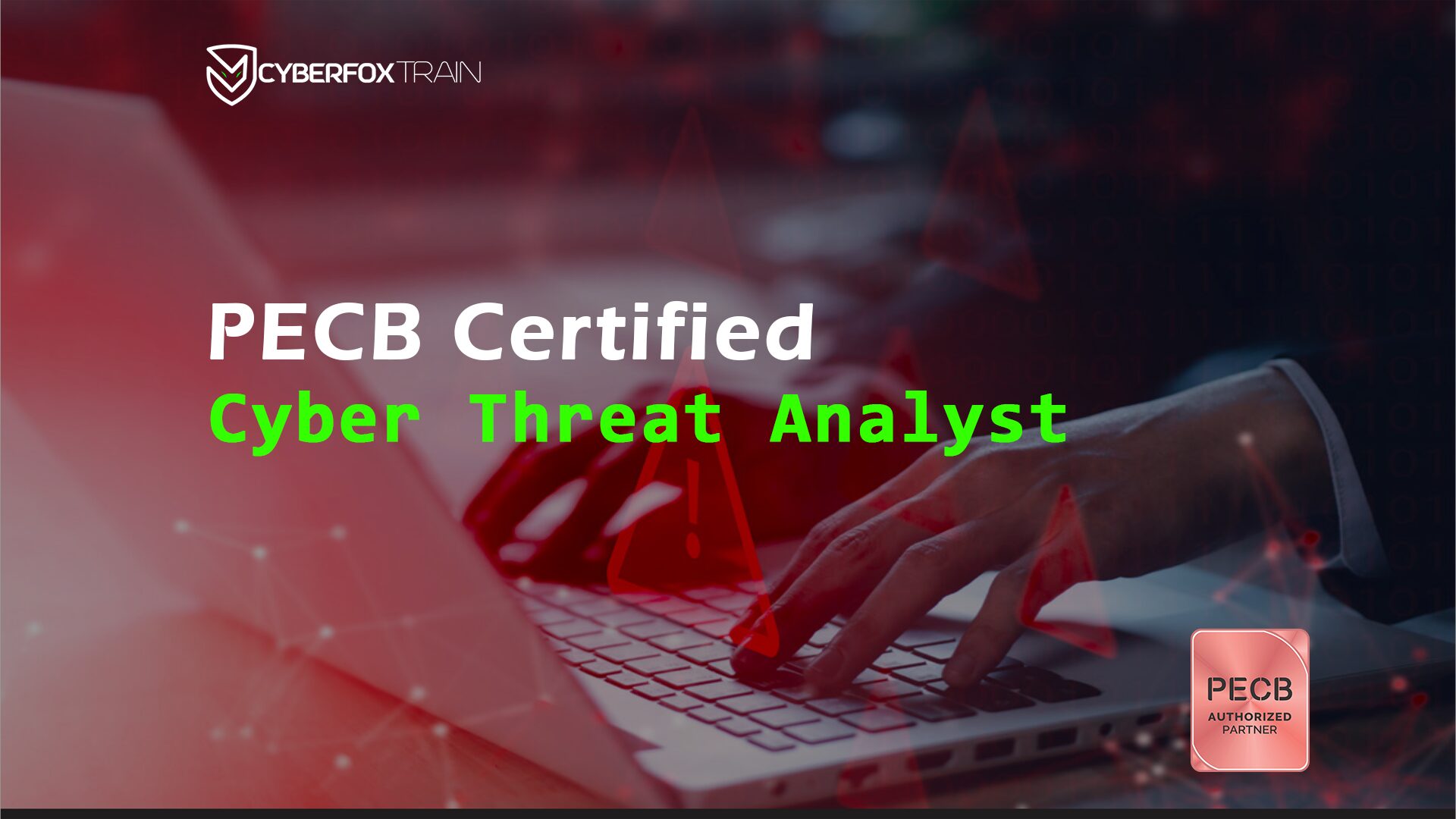EC-Council Certified Incident Handler v2
Prepare to Handle and Respond to Security Incidents
This latest iteration of EC-Council’s Certified Incident Handler (E|CIH) program has been designed and developed in collaboration with cybersecurity and incident handling and response practitioners across the globe.
It is a comprehensive specialist-level program that imparts knowledge and skills that organizations need to effectively handle post breach consequences by reducing the impact of the incident, from both a financial and a reputational perspective.
Following a rigorous development which included a careful Job Task Analysis (JTA) related to incident handling and incident first responder jobs, EC-Council developed a highly interactive, comprehensive, standards-based, intensive 3-day training program and certification that provides a structured approach to learning real-world incident handling and response requirements.
Professionals interested in pursuing incident handling and response as a career require comprehensive training that not only imparts concepts but also allows them to experience real-scenarios. The E|CIH program includes hands-on learning delivered through labs within the training program. True employability after earning a certification can only be achieved when the core of the curricula maps to and is compliant with government and industry-published incident and response frameworks.
E|CIH is a method-driven program that uses a holistic approach to cover vast concepts concerning organizational incident handling and response from preparing and planning the incident handling response process to recovering organizational assets after a security incident. These concepts are essential for handling and responding to security incidents to protect organizations from future threats or attacks.
Learn All Stages in Incident Handling

This program addresses all the stages involved in incident handling and the response process to enhances your skills as an incident handler and responder, increasing your employability. This approach makes E|CIH one of the most comprehensive incident handling and response related certifications on the market today.
The skills taught in EC-Council’s E|CIH program are desired by cybersecurity professionals from around the world and is respected by employers.
The Purpose of E|CIH is
- To enable individuals and organizations with the ability to handle and respond to different types of cybersecurity incidents in a systematic way.
- To ensure that organization can identify, contain, and recover from an attack.
- To reinstate regular operations of the organization as early as possible and mitigate the negative impact on the business operations.
- To be able to draft security policies with efficacy and ensure that the quality of services is maintained at the agreed levels.
- To minimize the loss and after-effects breach of the incident.
- For individuals: To enhance skills on incident handling and boost their employability.
Learning Objectives of E|CIH Program
- Understand the key issues plaguing the information security world
- Learn to combat different types of cybersecurity threats, attack vectors, threat actors and their motives
- Learn the fundamentals of incident management including the signs and costs of an incident
- Understand the fundamentals of vulnerability management, threat assessment, risk management, and incident response automation and orchestration
- Master all incident handling and response best practices, standards, cybersecurity frameworks, laws, acts, and regulations
- Decode the various steps involved in planning an incident handling and response program
- Gain an understanding of the fundamentals of computer forensics and forensic readiness
- Comprehend the importance of the first response procedure including evidence collection, packaging, transportation, storing, data acquisition, volatile and static evidence collection, and evidence analysis
- Understand anti-forensics techniques used by attackers to find cybersecurity incident cover-ups
- Apply the right techniques to different types of cybersecurity incidents in a systematic manner including malware incidents, email security incidents, network security incidents, web application security incidents, cloud security incidents, and insider threat-related incidents
About the Program
Course Duration:
Total Training 3 Days or 24 hours total class time
Certification:The E|CIH exam can be attempted after the completion of the official E|CIH course taught either by any EC-Council Authorized Training Center (ATCs) or by EC-Council directly. Candidates that successfully pass the exam will receive the E|CIH certificate and membership privileges. Members are required to adhere to the policies of EC-Council’s Continuing Education Policy.
Who Is It For?
The incident handling skills taught in E|CIH are complementary to the job roles below as well as many other cybersecurity jobs:
- Penetration Testers
- Vulnerability Assessment Auditors
- Risk Assessment Administrators
- Network Administrators
- Application Security Engineers
- Cyber Forensic Investigators/ Analyst and SOC Analyst
- System Administrators/Engineers
- Firewall Administrators and Network Managers/IT Managers
E|CIH is a specialist-level program that caters to mid-level to high-level cybersecurity professionals. In order to increase your chances of success, it is recommended that you have at least 1 year of experience in the cybersecurity domain.
E|CIH members are ambitious security professionals who work in Fortune 500 organizations globally.
Course Outline
- Module 01: Introduction to Incident Handling and Response
- Module 02: Incident Handling and Response Process
- Module 03: Forensic Readiness and First Response
- Module 04: Handling and Responding to Malware Incidents
- Module 05: Handling and Responding to Email Security Incidents
- Module 06: Handling and Responding to Network Security Incidents
- Module 07: Handling and Responding to Web Application Security Incidents
- Module 08: Handling and Responding to Cloud Security Incidents
- Module 09: Handling and Responding to Insider Threats
Course Features
- Lecture 0
- Quiz 0
- Duration 3 days
- Skill level All levels
- Language English
- Students 0
- Assessments Yes






